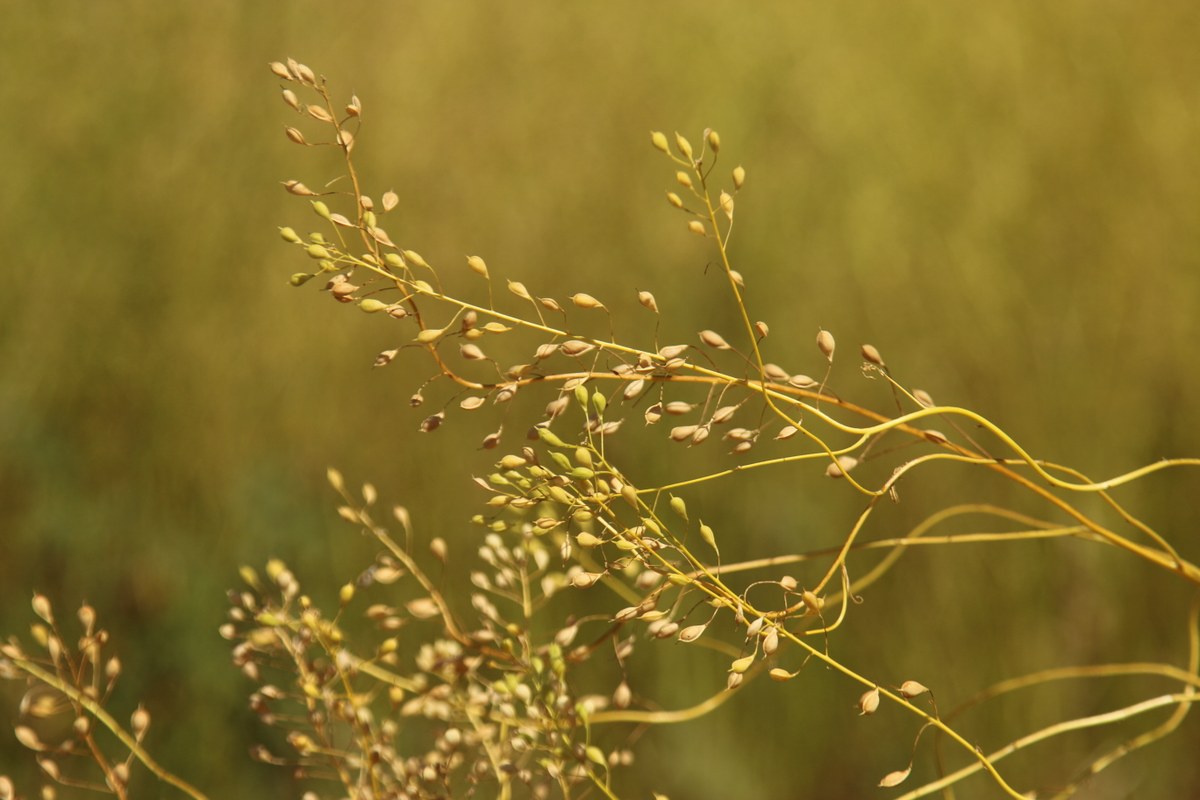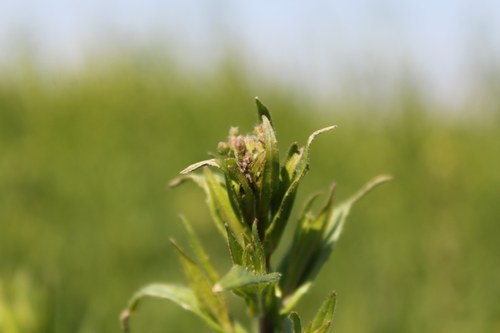
Harvested camelina seeds from the Argento field trials will be cold pressed and the cake tested in both broilers and hen quails’ farming for meat and egg production, respectively. The choice of quail (Coturnix coturnix japonica) as an ideal monogastric animal to test camelina cake derived from the improved new lines, results strategic for different key reasons:
Such characteristics allow to design time-saving experiments and significantly limit animal husbandry space, feed and cost requirements. These features would allow to perform different explorative trials in a shorter time compared to broiler chicken, thus allowing to easily achieve reliable results within project duration.
Furthermore, the quail itself is a poultry species with economic relevance for both meat and egg production in many countries (Italy included) and, quail and chicken belonging to the same order (Galliformes) and family (Phasianidae) and having similar digestive tracts, make results of the Argento project replicable/extendable on chickens whose worldwide economic interest as meat and egg producing animals is undoubtful.

In parallel to the optimization of the agronomic management, a deep study of the biosynthetic pathway of the GLS to achieve a further reduction in GLS, less influenced by the environment, will be carried out during the Argento Project.
To date, nearly all genes responsible for biosynthetic steps have been identified and characterized in similar Brassicaceae, leading to the clarification of the core pathway of GLS biosynthesis, whereas, little is known about specific genes in camelina.
The identification of those genes in camelina would pave the way for further improvement of the seed quality traits by genome editing technologies that enable precise manipulation of the genome. Recently, CRISPR/Cas9 technology has been successfully applied to camelina to rapidly improve oil seed composition.
DISTAL is located on two Campus (Bologna and Cesena) and it is currently involved in several national and international projects. In particular, 43 EC funded Projects are currently on-going, 10 of which are coordinated by UNIBO.
Viale Giuseppe Fanin n°44, 40127 Bologna (BO)
+39 0512096350; +39 0512096240
Monday, Wednesday, Friday 10:00-12:00
Tuesday, Thursday 10:00-12:00 e 14:00-15:00